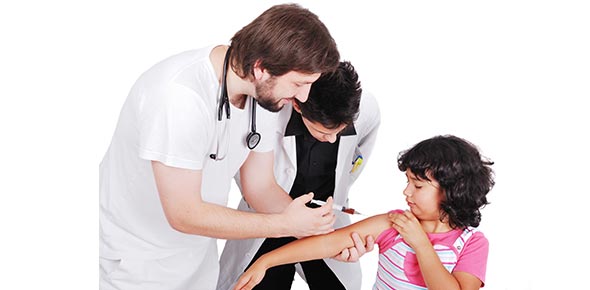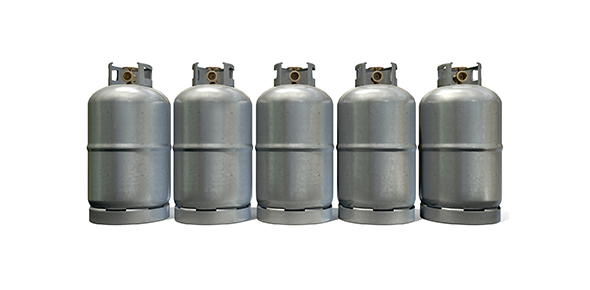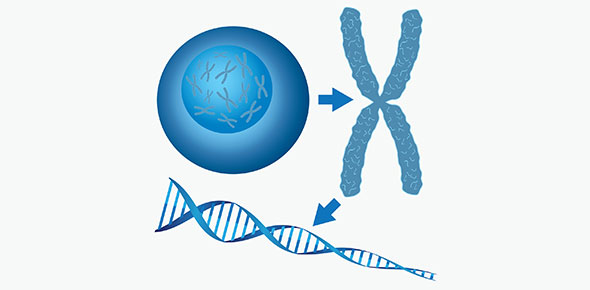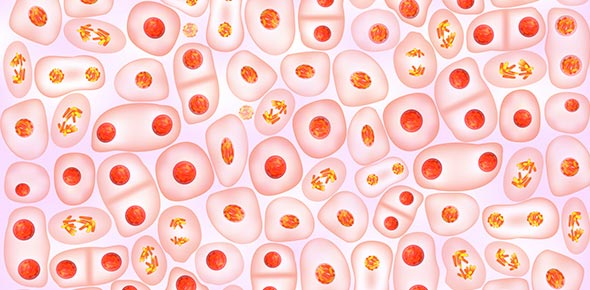Related Flashcards
Related Topics
Cards In This Set
| Front | Back |
|
Ovary
|
The female part that contains eggs
|
|
Anther
|
The male part the produces pollen
|
|
Petals
|
Colorful things to attracts insects to spread pollen
|
|
If pollen lands on the stigma the flower is _______
|
Pollenated
|
|
Pollen travels down the style to the ovary_________ occurs and seeds r made
|
Fertillazation
|
|
Pollination is done by _____ and _______
|
Bees birds
|
|
Some pollination is done by ________ and _______
|
Wind insects
|
|
How is a flower pollenated
|
X
|
|
How pollen fertilizes the flower
|
X
|
|
How seeds begin to grow inside a fruit
|
X
|
|
How the seeds get spread and grow into a new plant
|
X
|
|
Fossils of flowering plants that the dinosaurs fed on probebly had a ______ stem ________ __ _______ _______
|
Single hundreds of flower blossems
|
|
Bee like insects that developed during the -------------- ---- helped during these flowers just as honrybees pollenate _____ % of crops today
|
Mesozoic Era 85
|
|
How honey bees help pollenate flowering plants
|
1. A worker honeybee leaves the hive to search for pollen. Honeybees need pollen to make honey.
2. He files to a flower and collect tiny pollen grains from the flower's stamen. He carries the pollen in a "basket" on his hind leg.
3. He files to another flower. Some of the pollen grains shake off and fall on the stigma to the flower.
4. The honeybee carries the rest of the pollen grans back to the hive to feed the young honeybees and the queen.
5. The flower begins to make a seed that will eventually grow into a new flower.
6.Many flowering plants depend on the small honeybee to help them transfer pollen so that new plants can grow into flow that can soon be pollenated again
7. how honeybees help is that when the con to a flower pollen gets on there wings that spread into other flowers that will then turn into new flowers that is like a cycle of flowers.
|
|
What are the basic parts of the a flower? (4 [2 with subcategories])
|
1. The Stamen has an anther at the top and filament below.
2. The Pistol has a stigma at the top, style in the middle and ovary at the bottom
3. Petals
4. Sepal
|







